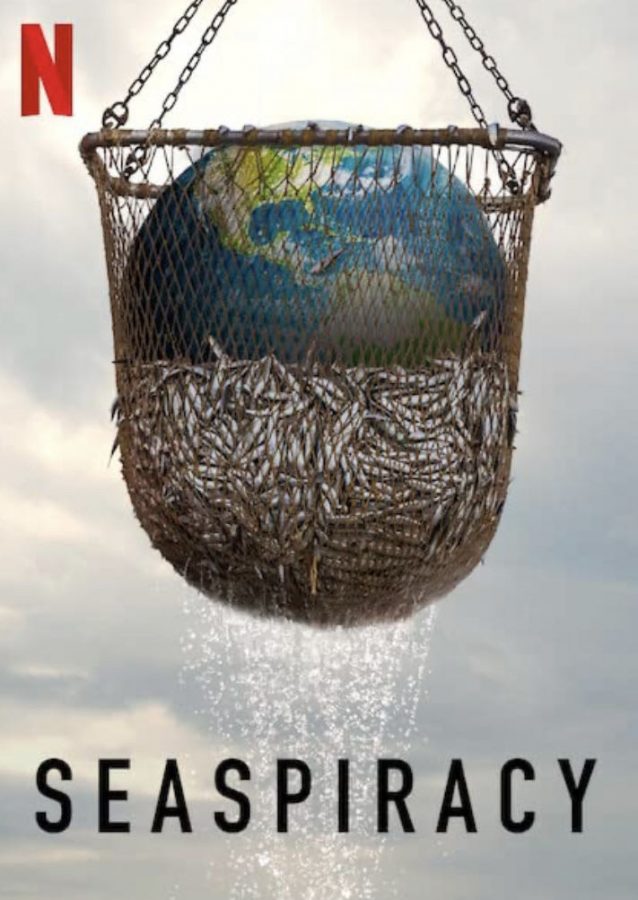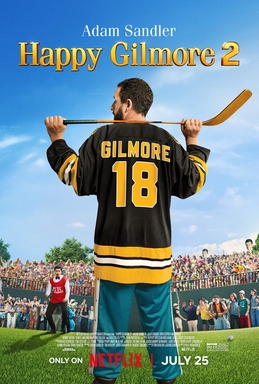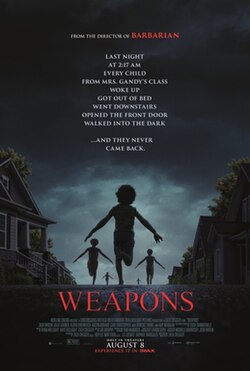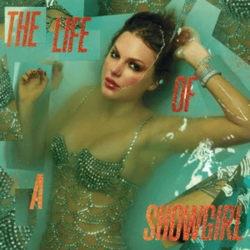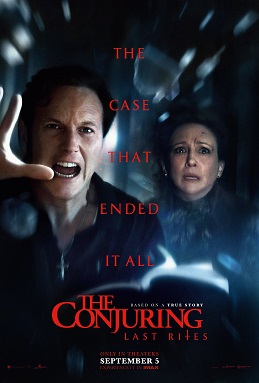The Reality Behind the Seafood Industry, a “Seaspiracy” Review
Directed by Ali Tabrizi, Seaspiracy, a documentary about overfishing, is now available on Netflix.
After much procrastination, I finally decided to sit down and watch the documentary that would change my life forever. “Seaspiracy” altered the way I think about the Earth, and in specific the oceans. For the past couple of years I have refrained from eating seafood, primarily for the purpose of distaste and discomfort of the thought of eating animals, but after watching “Seaspiracy” I have decided that I will never eat a piece of seafood ever again.
Director Ali Tabrizi explained what goes on behind the scenes of mass production seafood companies. I learned that sustainability labels lie, innocent animals and people are killed everyday and that the oceans are dying quicker than ever because of the demand for more money.
There are very few times in my life when I have been dumbstruck and distressed. Watching this documentary, I was both. However, after I finished the documentary, I felt very informed and ready to make a difference in the world. I do realize that this documentary was over-dramatic at times and painted the picture of sustainability companies as worse than they actually are, but I think that it was merely done for effect.
According to an article in the Guardian, some participants that were interviewed by Tabrizi were misinterpreted and the release of this documentary made their company and self-image look bad. “An executive with the international organisation responsible for the Dolphin Safe tuna label, Mark Palmer,” said that, “the film took my statement out of context to suggest that there is no oversight and we don’t know whether dolphins are being killed. That is not true.”
My eyes were also opened to the crime of commercial fishing. Slaves are forced to illegally kill animals, such as dolphins and sharks while fishing for companies that could claim to be “dolphin safe” or “sustainable”. Innocent humans are thrown overboard or murdered just because other fishermen aboard ship don’t want to get reported to the police for doing something illegal. Bribery, racism and manslaughter are just the start of this grim profession.
Although my heart was completely shattered after watching this documentary, I’m glad I watched it. I know I cannot trust everything that was claimed in “Seaspiracy,” but I can trust the underlying statement: what seafood companies are marketing to us is not the truth.
At the end of this documentary there was no solution presented to this problem, which disappointed me. There is no accountability being held to fishermen from the moment they leave the docks to the moment they return. This is something I believe needs to be further investigated and changed. In the meantime, it was said that the best thing you can do is to not eat seafood, something I plan on following.
The next time you eat a piece of seafood, think about who and where it came from. You may be unsatisfied with what you come up with.
Thanks for reading The Falconer. We're happy to provide you with award-winning student journalism since 1963, free from bias, conflicts of interest, and paywalls. We're able to continue with the generous support of our local community. If you're able, please consider making a donation. Any amount is incredibly helpful and allows us to pursue new and exciting opportunities.

